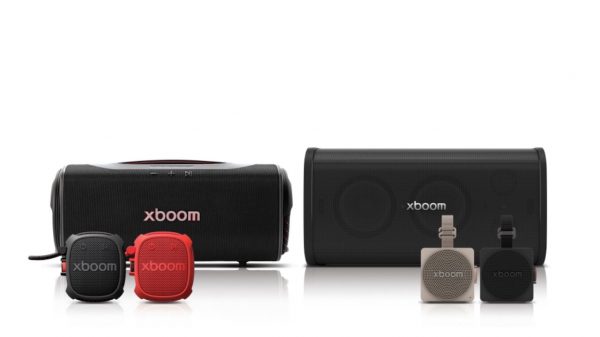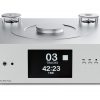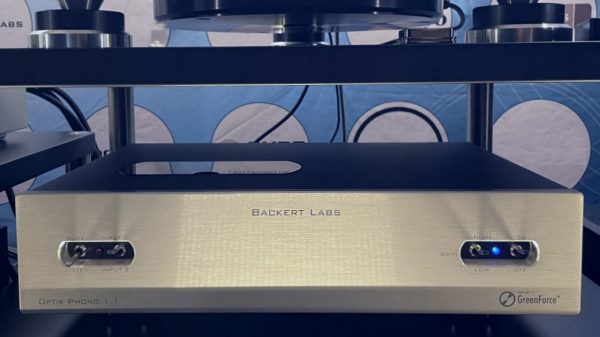OYSTER BAY, N.Y., Aug. 10, 2005 – Within two years, low-end camera phones will take much of the market share now held by low-end standalone digital cameras. ABI Research principal analyst of global wireless operator research Kenneth Hyers says, “We believe that within the next two years, the quality of a mobile phone camera will be such that people won’t need low-end standalone digital cameras. This will dramatically impact camera sales.”
ABI Research’s new study “Mobile Phone Imaging: Opportunities for Driving Usage of Camera Phones through Click/Send/Print” identifies the drivers for camera phone growth, explains how mobile imaging will evolve, and discusses why camera phones will eventually displace portions of the standalone digital camera market.
Within a short period, says Hyers, the typical 1.3 megapixel camera phone will be ubiquitous, and 5 megapixel models will not be uncommon. “We are in the midst of a megapixel race,” he adds, “and by early 2006, 1.3 megapixel models will outsell VGA camera phones; in the following years, two-, three- and four-megapixel devices will replace the lower specification models.” At the higher end of the range, the rest of the camera phone components grow in importance: is the software sufficient to make sense of the data? Is the lens good? Is the zoom accurate?
Hyers believes that the market will organize itself in tiers of quality. “Certain manufacturers, such as Motorola, are targeting the low end of the market, which is fine for getting enough inexpensive devices out there. But you’ve also got to have some higher-end models with greater resolution and better lenses, such as models being produced by Sony Ericcson, Samsung and Nokia, which establish them in consumers’ minds as makers of prestige, high-quality imaging devices.”
And the final requirements for success? Adequate storage capabilities; MMS interoperability among carriers (this is now in place throughout Europe and is becoming standardized in North America); and improved imaging and picture-management software.
Founded in 1990 and headquartered in New York, ABI Research maintains global operations supporting annual research programs, intelligence services and market reports in automotive, wireless, semiconductors, broadband, and energy. For information visit http://www.abiresearch.com, or call +1.516.624.2500.























